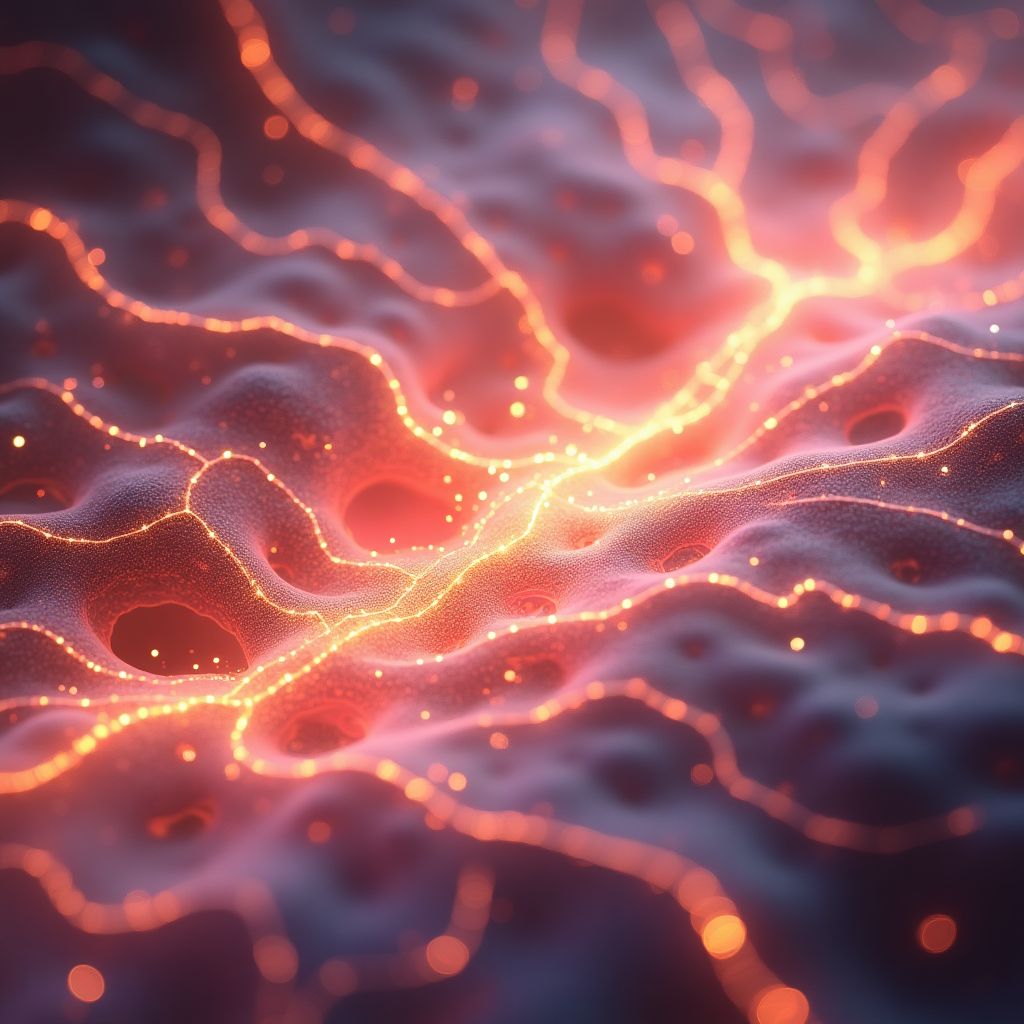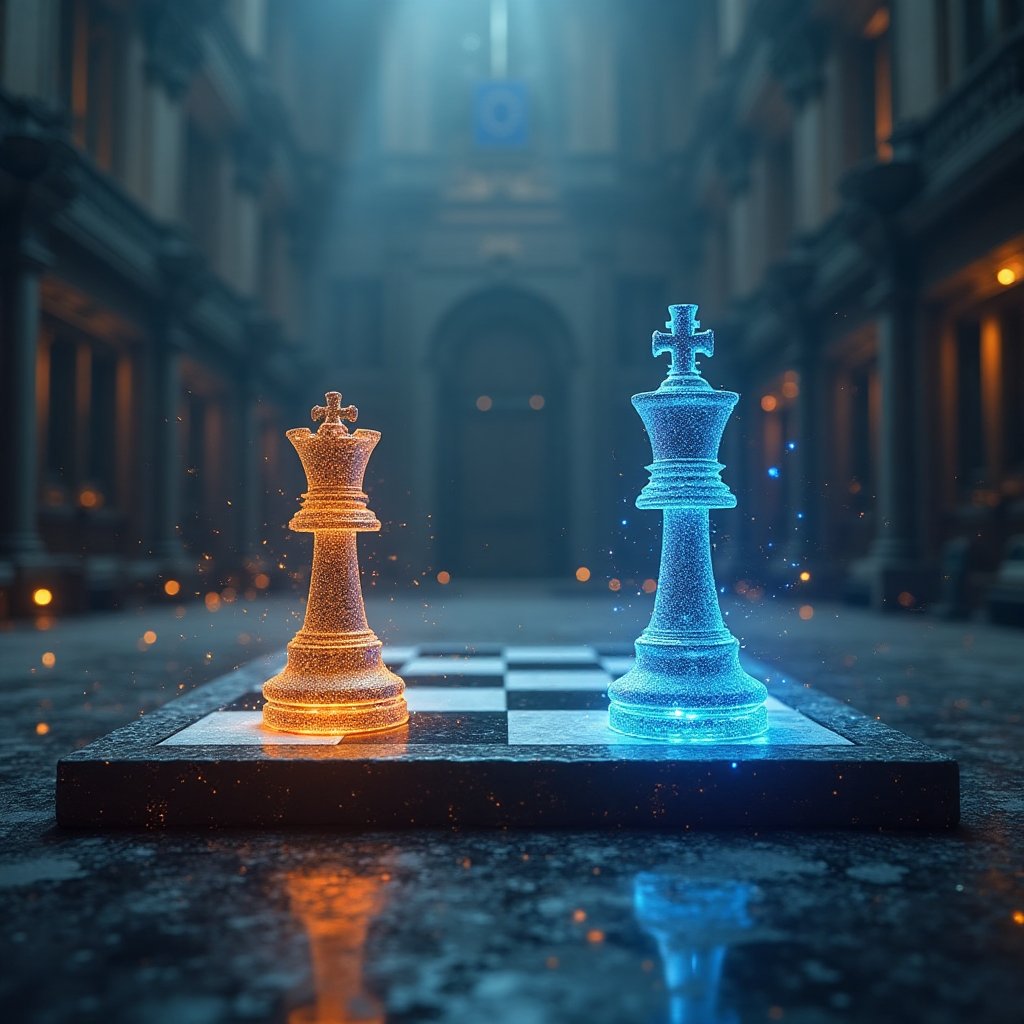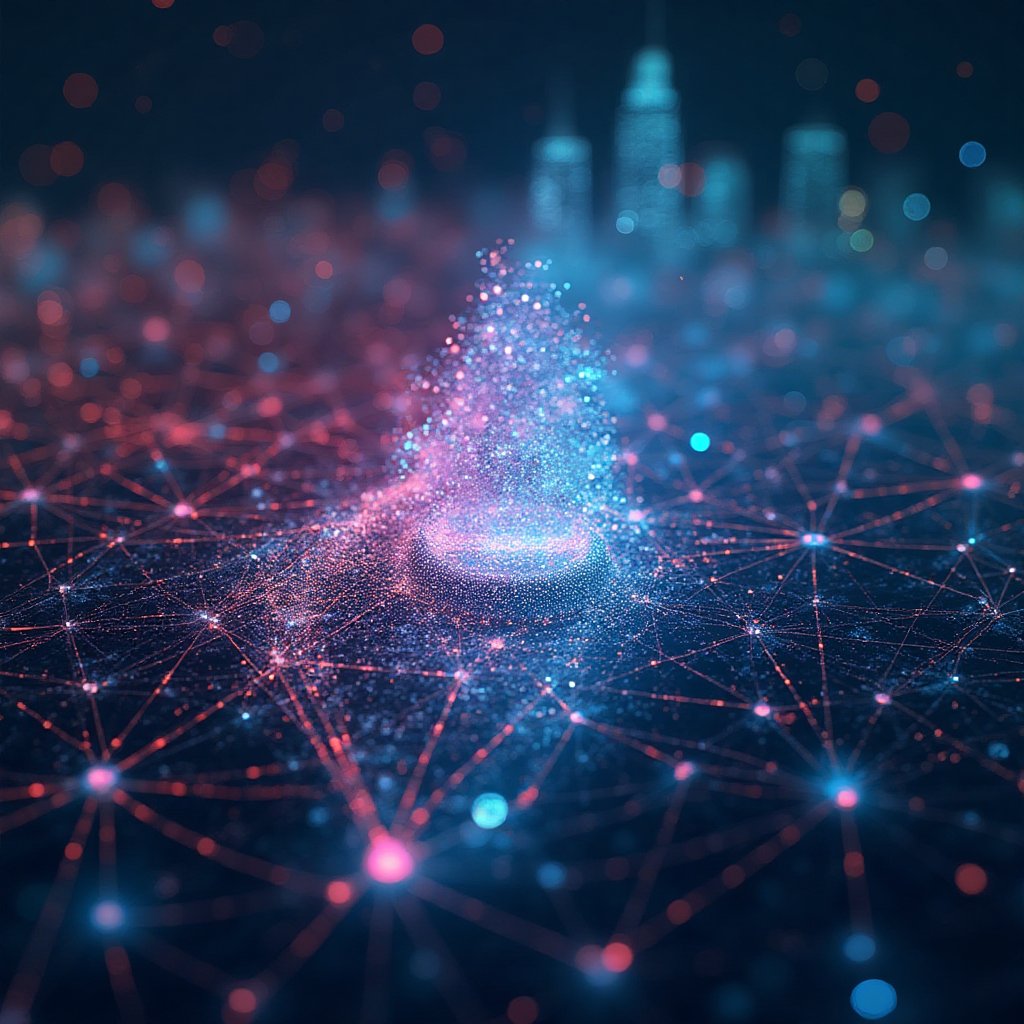Ah, the tantalizing tease of an itch. There's nothing quite as satisfying as scratching that spot you just can't quite reach. Yet moments later, you're reminded that life is not a sit-com where the problems get solved after a 20-second interlude. You're stricken once more with the urge to scratch as if that itch has gone rogue and set off on an adventure underneath your skin. It's perplexing and frankly—just plain maddening. So what gives?
Let’s dive into the nitty-gritty, slippery mystery behind our itchy, twitchy friends, brought to you by the fine folks over at SciShow. They’ve cracked open the curiosity vault to bring us the down-low on why itches appear to have minds of their own. Grab your metaphorical antihistamine because we're off to scratch that intellectual itch.
The Itch-Pain Tango
Most of us have felt the need to scratch and know it’s different from our more familiar nemesis—pain. Yet, in an intriguing bit of biological sleight of hand, these two sensations check into the same neural hotel. Both send messages via the same suite of neurons, hailing a taxi ride straight to the spinal cord. Given this shared journey, scientists initially thought that itches might just be a part of the pain family. A black sheep, if you will.
Enter modern research, which has cleverly parted the curtain to reveal that itch and pain are indeed two distinct sensations. Turns out, separate neuron groups are at the heart of itchiness, but pain and itch are still tangled up in a complex dance that’s particularly interesting when it comes to scratching.
The Science of Scratching
Think about your last scratching session—did it seem oddly soothing despite the fact it involves lightly graffiting your skin with fingernails? This paradox is underpinned by the release of serotonin, the VIP neurotransmitter that triggers a pleasure response. While scratching sends pain signals dancing off to the spinal cord, the brain heroically steps in to soothe these pain notes by spritzing serotonin like confetti at a techno festival.
Yet, after scratching, it might seem like your itch took a spin off-center. Scientists are puzzling over this phenomenon, but one hypothesis looks at how pain receptors gather their intel. There are more receptors on your skin than there are pathways to the brain, a ratio that results in some serious signal-sharing—like your fellow neurons are secret-spy organizations jockeying for bandwidth.
The Nomadic Itch
Scratching can actually be invigorating because it sparks serotonin production just like eating chocolate or going for a brisk walk. However, that magical chemical also stirs the itch neurons back into action. And when these itches return from vacation, they're known to overstay their welcome with even greater intensity. We liken it to the itch putting on its best pirate hat and going from sea to shining sea—er, shoulder to back—to broaden its empire of discomfort.
So, while you might perceive the itch as dancing around your body, it's really more of a neural guessing game with the itch and your brain co-piloting this cruise of confusion. Your mind plays the magician, attempting to decode these messages with Sisyphus-like charm—except instead of a boulder, you're dealing with that infernal itch.
Implications for Chronic Itch Treatment
Understanding this bizarro-world of moving itches opens new doors in the realm of potential treatments for people suffering from chronic itch conditions. These conditions are often debilitating and can lead to a reduced quality of life. Thus, cracking the nerve code of how itches communicate can potentially soothe the daily struggles facing many people.
Curious to see more on this topic? Watch the original SciShow video below:
Join the Conversation
From a newfound appreciation of your skin’s neural antics to wondering what the next medical breakthroughs might be, there's no denying that itch dynamics invite us to scratch a deeper curiosity. Before you dive back into your symphony of scratches, consider this: are our skins' itch signals nothing more than neural road trips, or are they messages with broader implications in our understanding of pain and pleasure? And how will these insights treat or even exploit the two for the betterment of human health?
Join the debate—what was your last memorable itch, and how did you end up handling it? Whether your plan of action hinges on clever products or age-old tricks passed down through generations, we'd love to hear your strategies. Share your thoughts and join our community at the "Shining City on the Web." Apply to become a permanent resident, or even a citizen, and experience the splendor of iNthacity for yourself. Don't miss out—like, share, and engage with us in this fascinating conversation. After all, in the immortal words of so many dermatologists, it’s best to never let an itch go unscratched.
Wait! There's more...check out our fascinating short story that continues the journey: The Itch of the Conqueror
Disclaimer: This article may contain affiliate links. If you click on these links and make a purchase, we may receive a commission at no additional cost to you. Our recommendations and reviews are always independent and objective, aiming to provide you with the best information and resources.
Get Exclusive Stories, Photos, Art & Offers - Subscribe Today!


























Post Comment
You must be logged in to post a comment.